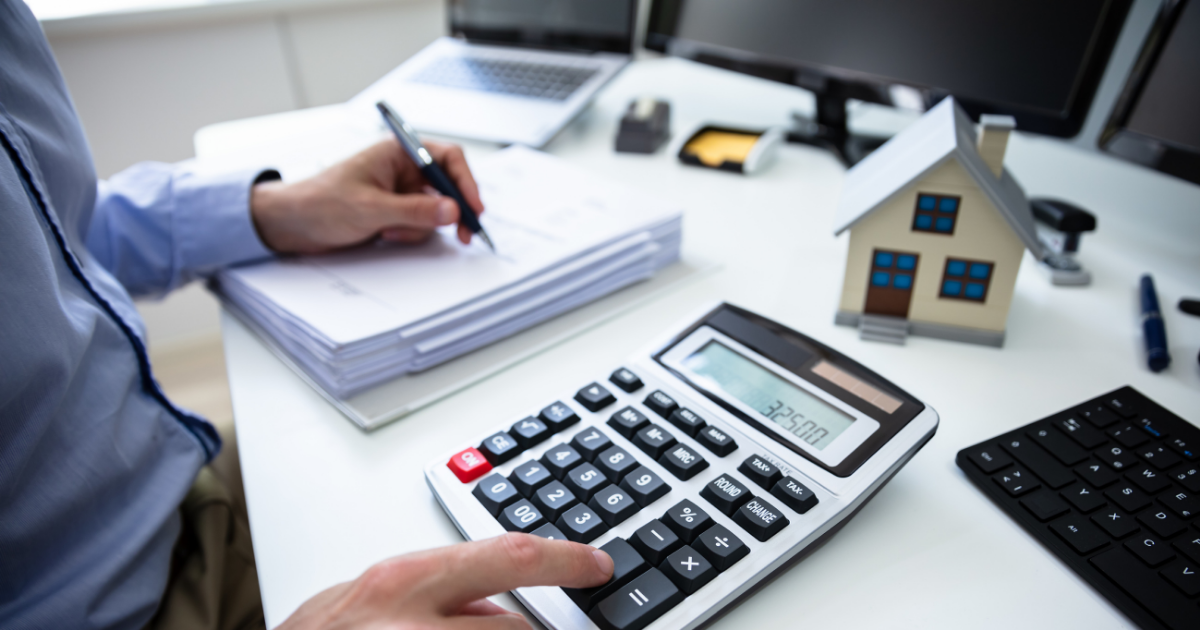
Global Properties
By Property Types
Hot Country

From a job holder to a businessman, the person who wants to invest in the property market would not like to omit to know about the ways of investment property tax deductions. In Australia, property investment may seem hard until the investors are not enlightened with the tax breaks.
Let’s know 9 of the best ways for investors to minimize their tax bills.
Please note: The investors can only claim investment property tax deductions during periods in which it was tenanted or genuinely available for rent. Moreover, only the portion of an exchange that was used for business purposes can be claimed. A record of the expenses should be kept to prove it later.
Usually, the landlords have to look for tenants through advertisements. When you advertise or promote your property using the internet or print media, you can claim this cost against your income. It should be done in the very same year in which you spend it.
After borrowing an amount as a loan, it is repaid with a rate of interest. But, there is a scope for the investors to claim this charge of interest on a loan for an investment property. The fees that a bank takes to process the loan can also be included for claiming.
To be specific, if you have to provide X amount of money as interest on your loan and Y amount of money for the loan fees, you can assert those amounts on your personal tax return.
You can deduct your tax for the land if you have a rented place on your investment property—the sum of the deducting amount and the schedule to claim to differ from one state to another. A tax advisor or the related department of the particular state would show you the right path to claim the correct amount and timeline.
You can claim a tax deduction on the depreciation of the building’s structure and any refurbishment you make to the property.
It depends on the time when your property was built. Properties built before 16 September 1987 are out of the claim depreciation on the original construction costs. But, properties built after this specific date are allowed to claim for depreciation deduction. 2.5% is counted a year for 40 years. Likewise, depreciation deductions cannot be claimed for refurbishment made before 27 February 1992, although you can claim depreciation deductions for refurbishment made after this date. The rate is again 2.5% a year for 40 years. However, the depreciation deduction is also applicable for dwelling properties only.
Generally, the landlords have to arrange appliances, such as air conditioners, washing machines, refrigerators, and more, to rent the property. While meeting definite criteria, the landlord can claim depreciation over several years on such appliances as well.
You are allowed to claim for this depreciation deduction if you had bought the property before 7:30 pm on 9 May 2017 and added the appliance to your property before 1 July 2017. It is applicable on completely new and second-hand depreciating appliances as well.
Apart from that, you can only claim depreciation on an appliance’s buying price if it was bought for the first time or if no one had previously claimed depreciation since the property was freshly constructed or just had refurbished.
An immediate tax deduction can be claimed for maintaining and replacing plants of a property. However, this immediate way is not allowed for adding any new plants or changes that will add additional value to the property.
Also, if a professional pest controller is hired, an immediate deduction for the amount of hiring can be claimed – by either the landlord or tenant. It depends on who paid for the service.
An immediate tax deduction is allowed to claim even when an asset of the property is damaged and has to be repaired. But again, if you want to add value to the property by replacing an appliance, it cannot be claimed for an immediate deduction. Then it would depend on the costs as a capital work deduction.
When you want to sell your property and cement a nice capital gain, you must pay tax on its profit. If the procedure of buying and selling the property takes place within 1 year, your net capital gain would quietly be joined to your taxable income. For this, the amount of your income tax will increase.
The way to minimize the capital gain is by holding onto the property for more than a year before selling it. With this one year strategy, you would be eligible for a capital gain worth a 50% discount. You would only have to return half of the total capital gain as tax.
Some legal activities need to be done on investment properties. Costs for such activities, for instance, taking legal advice, preparing documents, and more can be claimed for a tax deduction.
Now that you know how to save some costs on property taxes, why not check out the types of properties foreign investors can purchase?
Looking for assistance on how to calculate your taxes? Look no further than our esteemed team at Juwai IQI.
We are happy to help you calculate your ideal investment.
Leasehold VS Freehold | Which is the better offer of a lifetime?
Australia's Top 5 Cities for Property Investment: A Data-Backed Guide
Can a Foreigner Buy Property in South Korea?
Top 5 Thailand Real Estate Hotspots: Your Full Investment Guide
10 Best Places to Buy Property in Greece for Foreigners